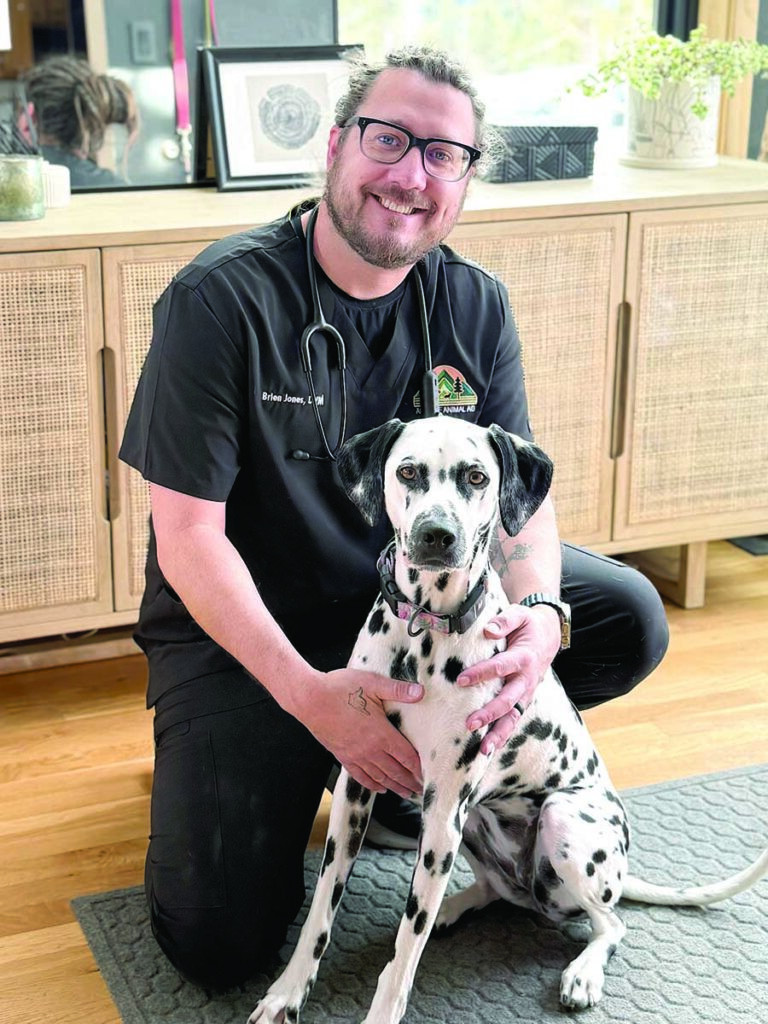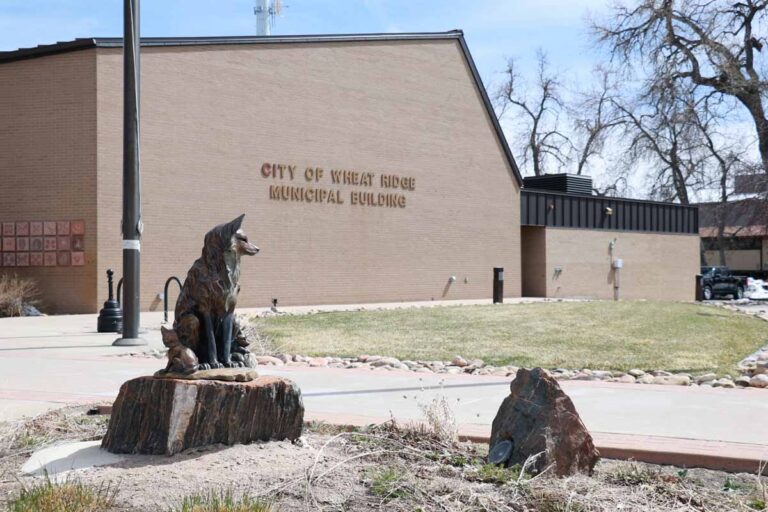Spring in Denver means warmer weather, blooming plants, and more time outside with your pets. However, with the changing season comes new risks, including allergies, pests, and temperature fluctuations. Here’s a guide to help keep your pets safe this spring.
1. Watch for Seasonal Allergies
Pollen, grass, and mold can trigger allergies in pets, with common symptoms like itching, sneezing, watery eyes, or ear infections. If your pet seems uncomfortable, consult your vet about antihistamines or medicated shampoos to ease symptoms.
2. Stay on Top of Fleas, Ticks, and Mosquitoes
Spring brings pests like fleas, ticks, and mosquitoes, which can carry diseases such as Lyme disease and heartworm. Ensure your pet is on year-round prevention and check their fur after outdoor activities, especially in hidden areas like ears and paws.
3. Handle Spring Cleaning Safely
Many cleaning products and pesticides are toxic to pets. Keep chemicals locked up and avoid using cocoa mulch, which is toxic to dogs. Opt for safer alternatives like wood mulch or gravel in your yard.
4. Update Tags and Microchips
With more outdoor activities, ensure your pet’s ID tags and microchip have up-to-date contact information. This is especially important in areas like Denver’s dog parks and hiking trails, where pets are more likely to wander.
5. Keep Toxic Plants Out of Reach
Many popular spring plants, such as lilies, azaleas, and daffodils, are dangerous to pets. Choose pet-friendly flowers like sunflowers or roses when gardening or bringing plants indoors.
6. Ease Back Into Exercise
If your pet was less active over the winter, gradually increase their exercise to prevent strain or injury. Start with short walks and slowly build up endurance, particularly for older dogs or those with joint issues.
7. Watch for Wildlife
Denver’s foothills and trails are home to wildlife, including snakes, skunks, and coyotes. Keep pets leashed on hikes, and avoid letting cats roam freely. If you’re in areas with rattlesnakes, stay on cleared paths and consider rattlesnake aversion training. If your pet is bitteBy a rattlesnake, seek emergency care immediately by heading to the nearest emergency veterinary clinic
8. Beware of Foxtails
Foxtails are spiky grass seeds that can burrow into your pet’s skin, causing painful infections. Check your pet for foxtails after walks, especially in grassy areas. If your pet shows signs like head shaking or limping, consult a vet.
9. Hydration and Paw Protection
Denver’s spring weather can vary greatly. Ensure your pet has access to fresh water and avoid strenuous activity during hot afternoons. After walks, check your pet’s paws for cracks or irritation caused by snowmelt, road salt, or rough surfaces. Paw balm and boots can help protect their feet.
10. Be Ready for Spring Storms
Spring thunderstorms in Denver can cause anxiety in pets. Create a quiet space for your pet indoors, and consider using calming products like thunder shirts or treats. If anxiety is severe, consult your vet for medication options.
By staying aware of these spring hazards and taking preventive measures, you can ensure your pet stays healthy and happy this season in Denver.
Brien Jones, DVM, Altitude Animal Aid 4845 Pearl East Circle Suite 118 PMB 942590,Boulder, CO 80301, (720) 257-9735, Email: [email protected]





